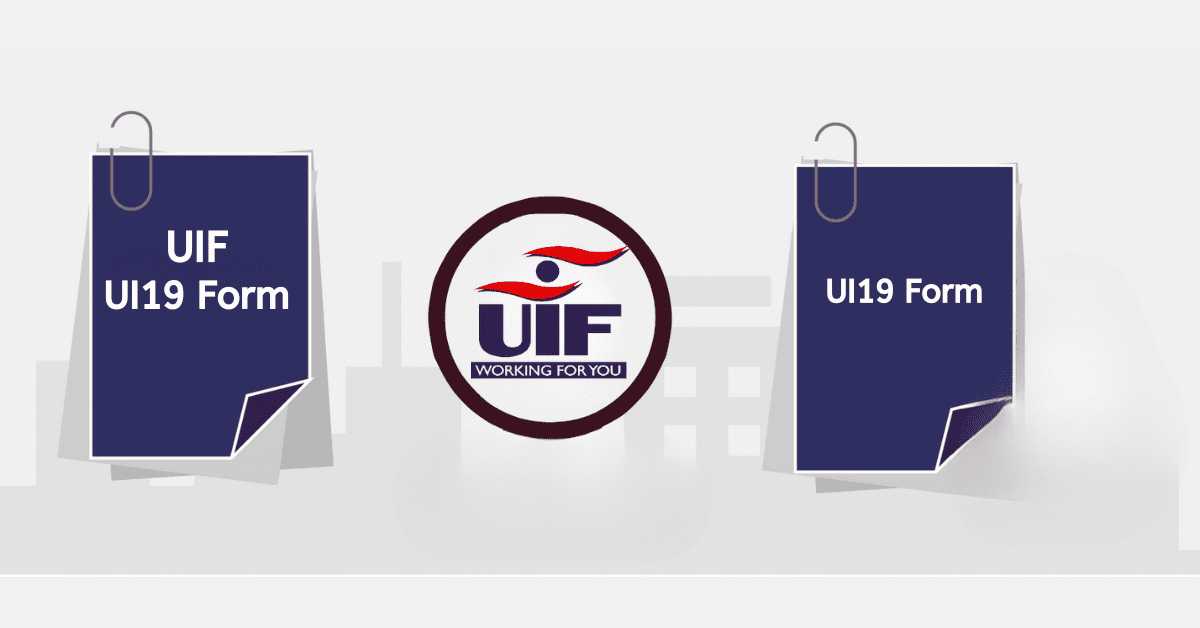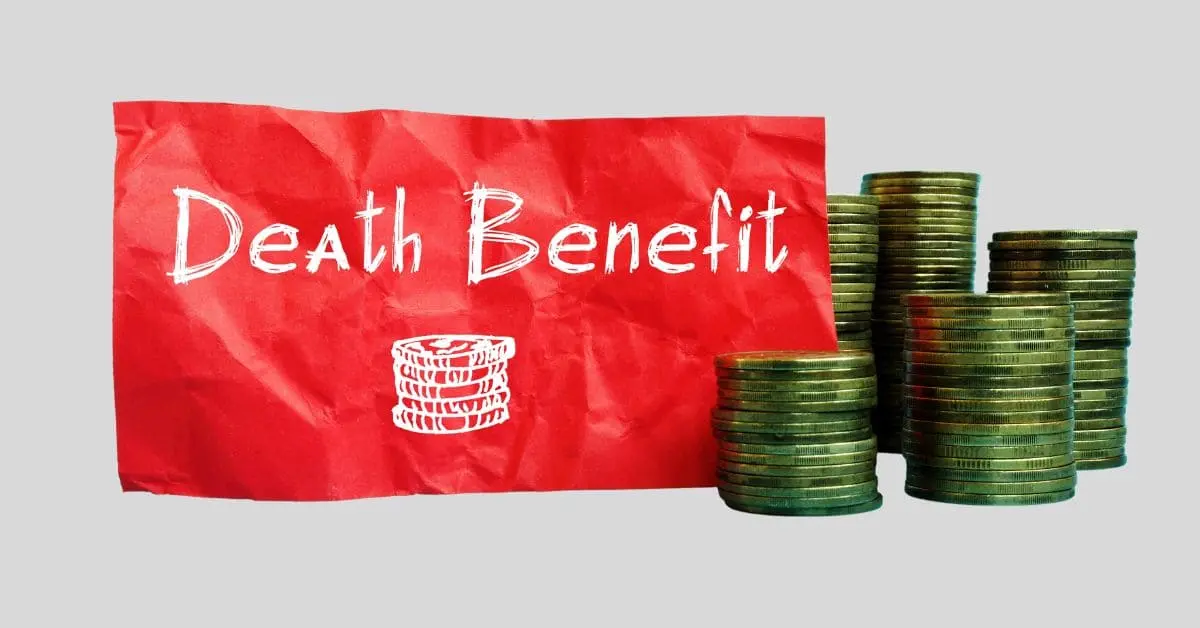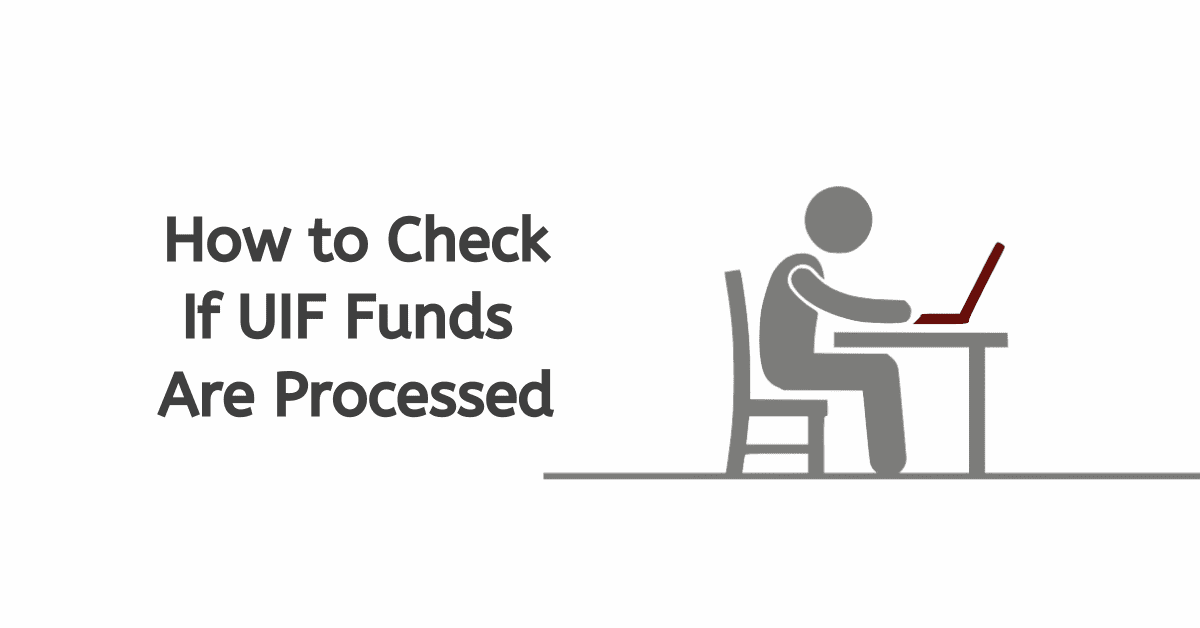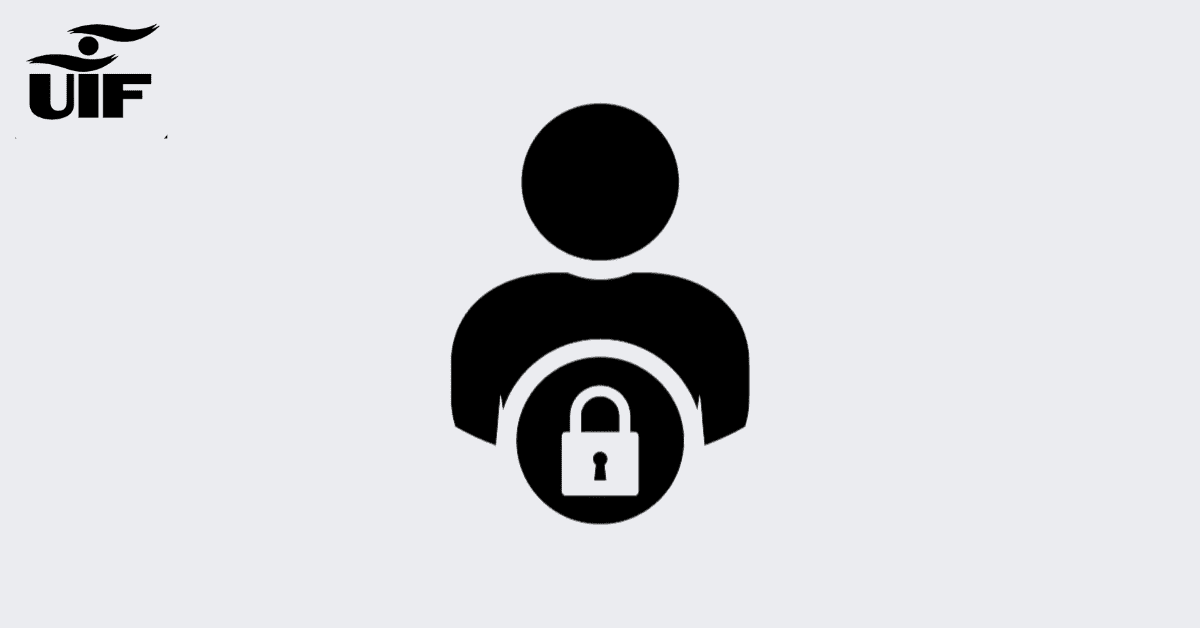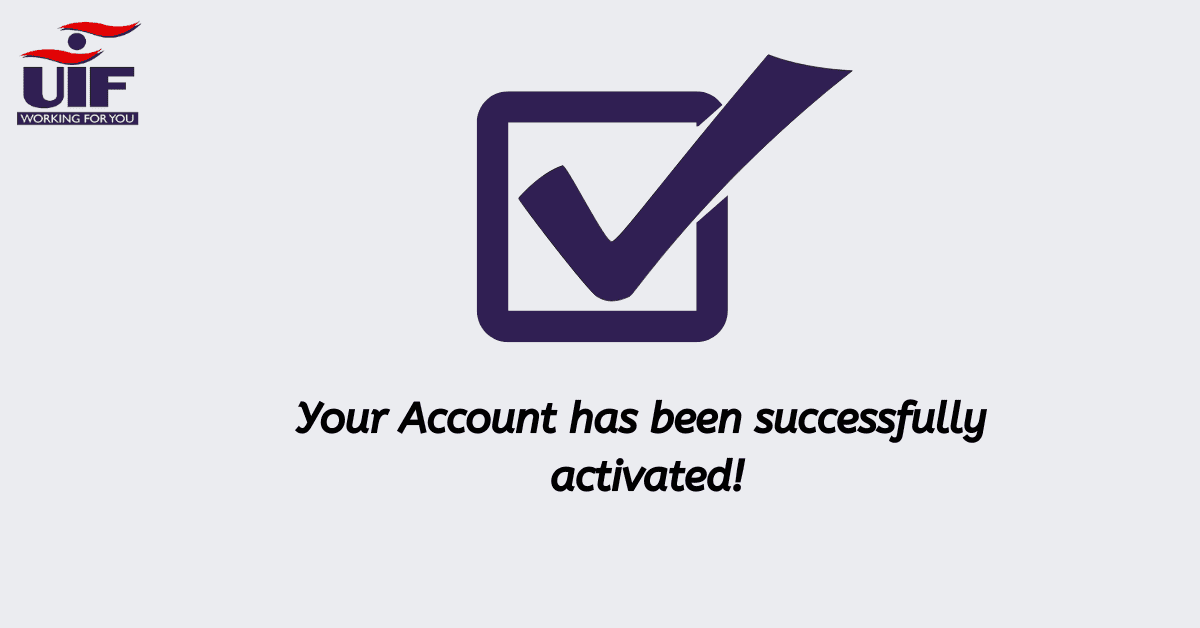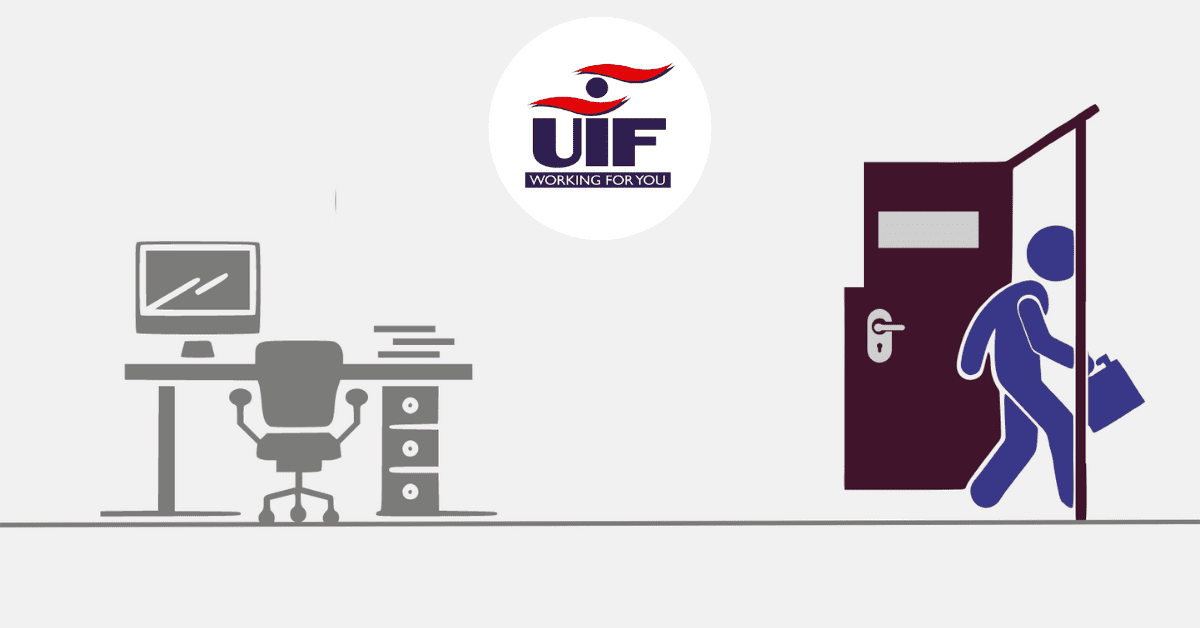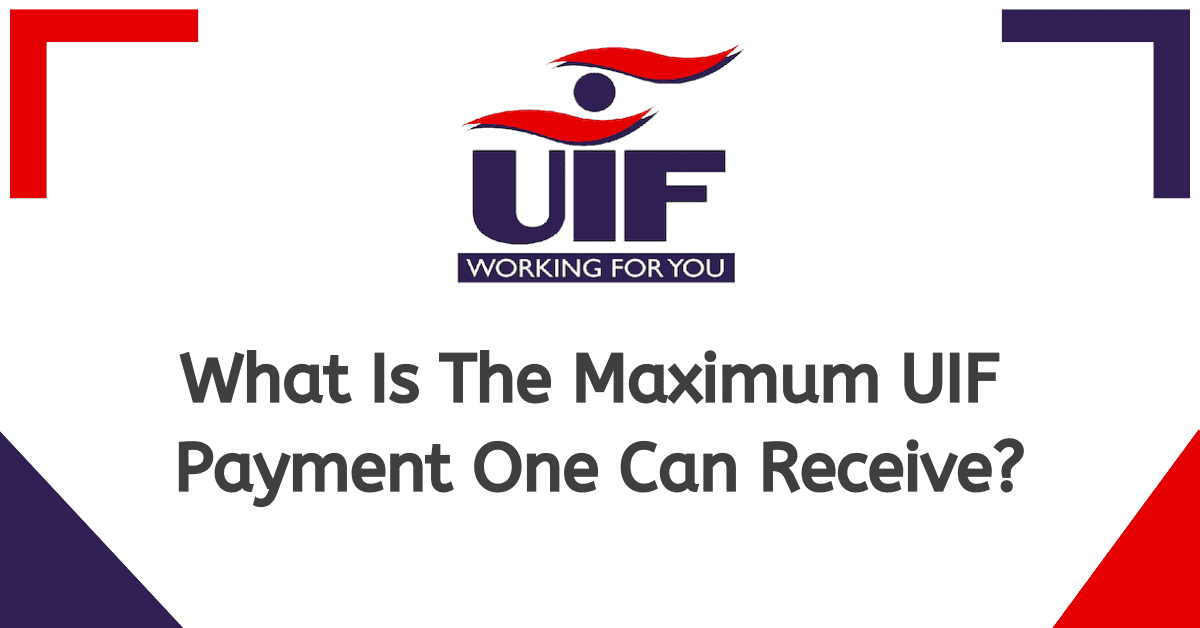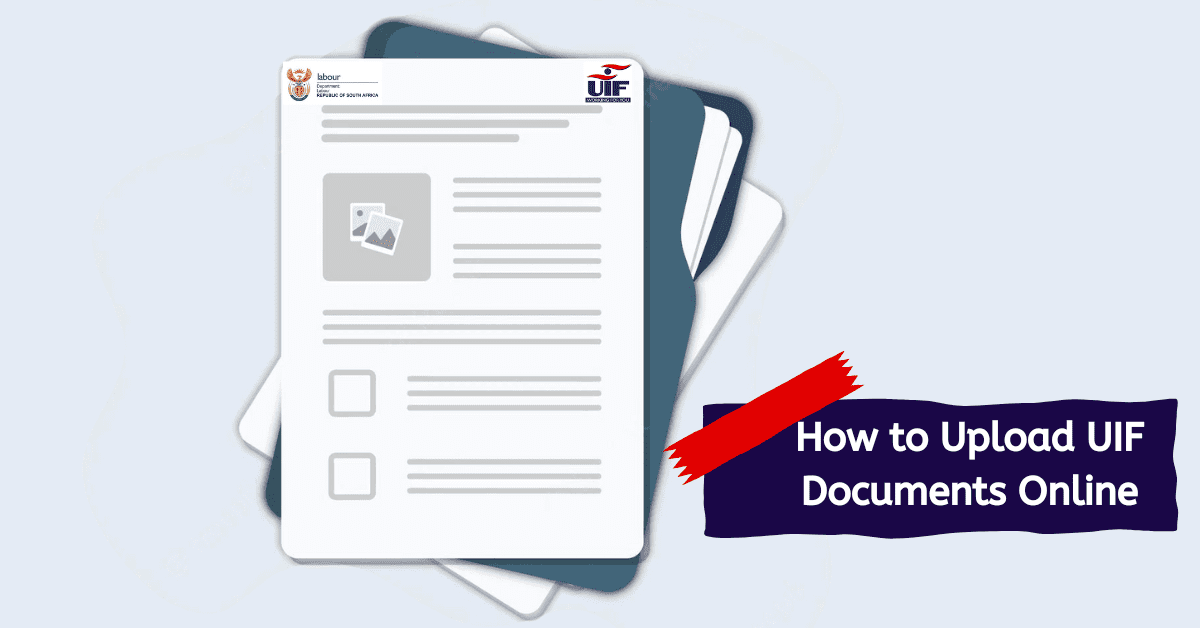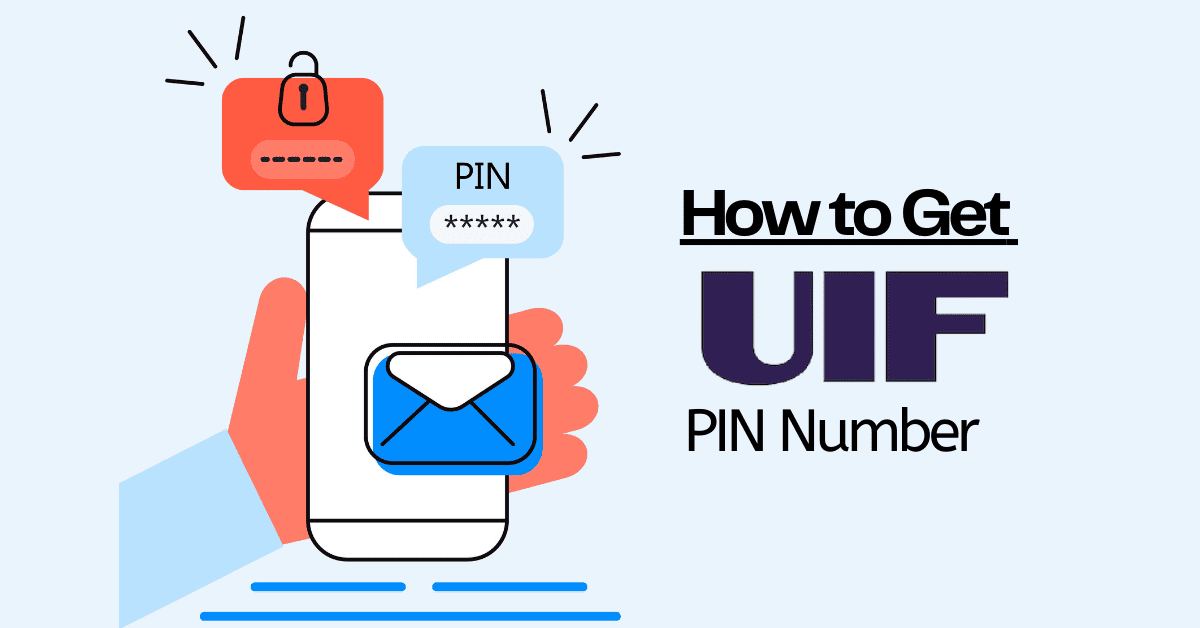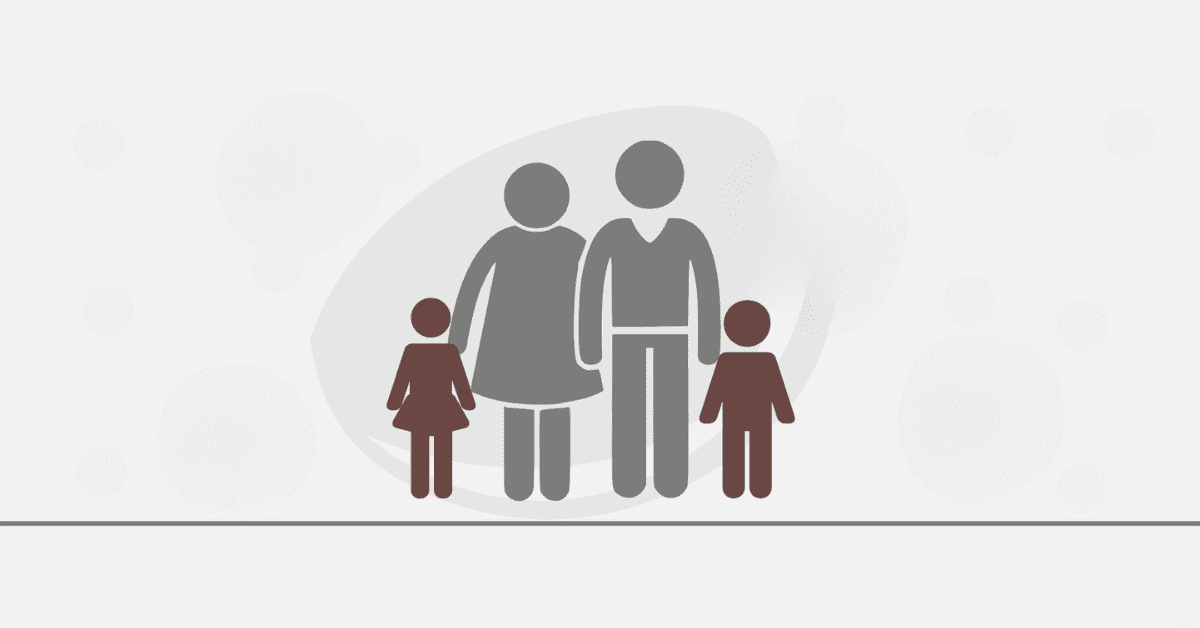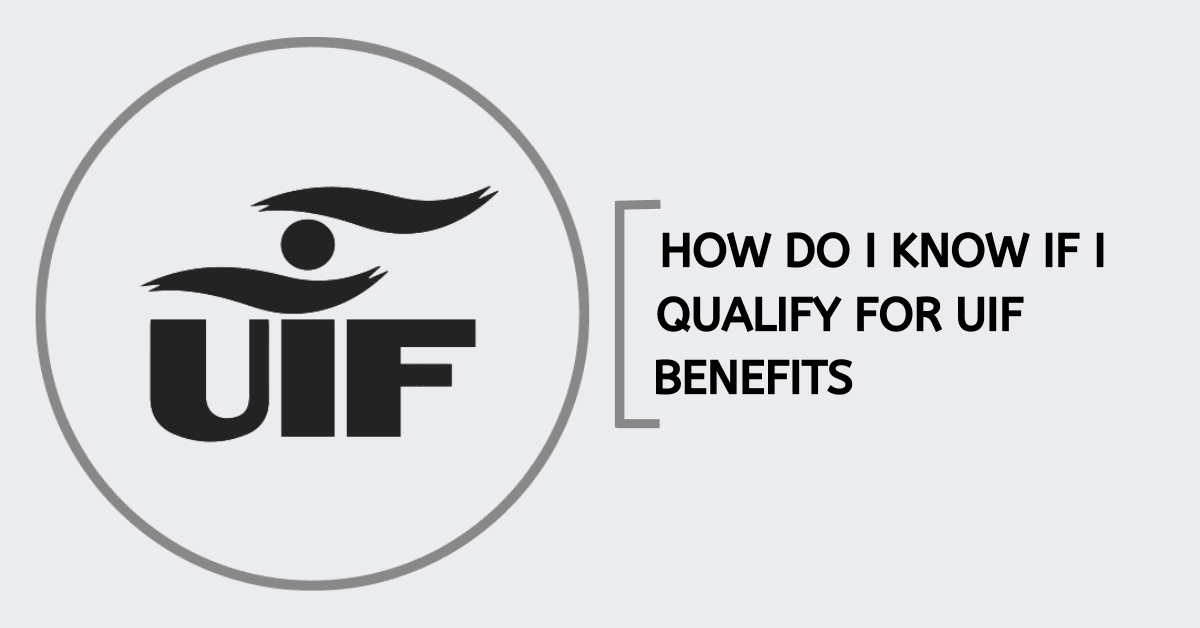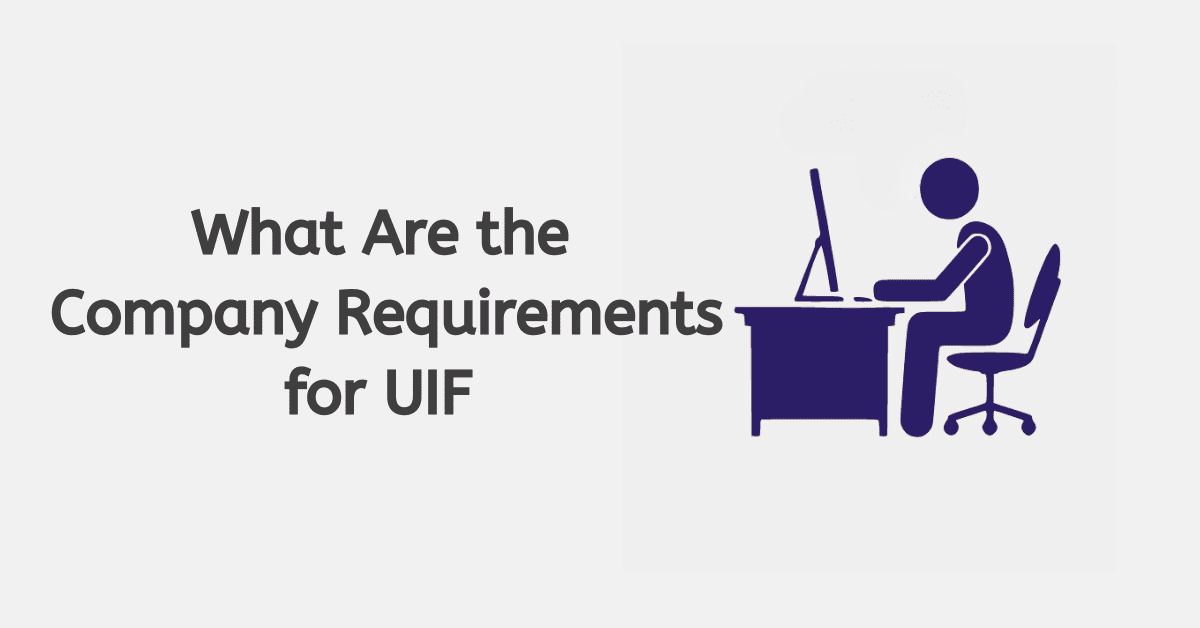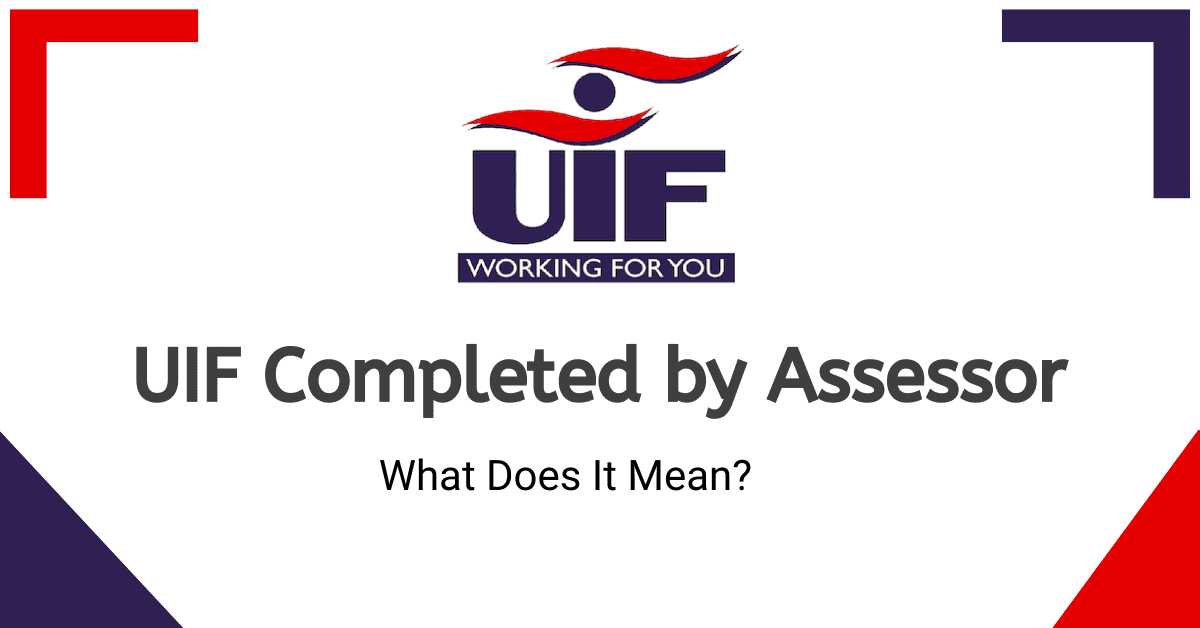In South Africa, the Unemployment Insurance Fund (UIF) is vital in providing financial support to employees during unemployment, maternity, illness, or adoption. To ensure the sustainability of the UIF system, employers must fulfill their obligations by making regular contributions. Failure to pay UIF can have serious consequences, including penalties and legal ramifications. This article explores the penalties for not paying UIF, the compulsory nature of UIF contributions, methods to verify UIF payments and exemptions from UIF obligations.
What Are the Penalties for Not Paying UIF?
The Department of Employment and Labour enforces penalties to discourage employers from neglecting their responsibilities. Non-compliance with UIF payment obligations can result in significant penalties. The specific penalties vary based on the number of employees and non-compliance duration.
According to the Unemployment Insurance Contributions Act (2002), employers who fail to pay UIF contributions may face penalties ranging from 10% to 20% of the outstanding amount for each month of non-compliance. These penalties are designed to protect the integrity of the UIF system and ensure the financial well-being of employees who rely on UIF benefits.
The exact penalty percentage is determined by the number of employees in the employer’s workforce. Employers with fewer employees may face a higher penalty than those with a larger workforce. The duration of non-compliance affects the penalties. The longer the non-compliance persists, the higher the penalties.
Employers must promptly fulfill their UIF payment obligations to avoid penalties and legal consequences. Failure to pay UIF contributions impacts employees’ access to UIF benefits and reflects a violation of labor regulations. Employers should prioritize UIF compliance to ensure their employees’ well-being and financial security.
Is It Compulsory to Pay UIF?
Yes, employers in South Africa must pay UIF contributions. The UIF Act (2001) requires employers to deduct a percentage of their employees’ salaries and contribute it to the UIF fund. Both the employer and the employee are responsible for making these contributions. The UIF contributions are a social security net, providing financial assistance to needy employees. Failure to comply with UIF payment obligations breaches labor laws and can lead to penalties and legal actions against the employer.
How Do I Know If a Company Is Paying UIF?
Employees can determine whether their employer is paying UIF by examining their payslips. Payslips should include a deduction for UIF contributions, indicating that the employer is making the required payments to the UIF on behalf of their employees. The UIF deduction is typically shown as a separate line item on the payslip.
In addition to checking payslips, employees can request a UIF earnings statement from the Department of Employment and Labour. This statement provides a comprehensive summary of the UIF contributions made by the employer on behalf of the employee. It includes details such as the employer’s name, the period covered by the statement, the total UIF contributions made, and any adjustments or corrections made during that period.
It is crucial for employees to monitor their UIF deductions and ensure that their contributions are being paid correctly. By reviewing their payslips and obtaining a UIF statement of earnings, employees can verify that their employer is fulfilling their UIF payment obligations. If an employee suspects their employer is not paying UIF contributions, they should raise concerns with the employer or contact the Department of Employment and Labour for further assistance.
Who Is Exempt from Paying UIF?
Certain categories of workers are exempt from UIF payment obligations in South Africa. This includes independent contractors, freelancers, and workers below the prescribed threshold. Workers who earn less than the prescribed threshold, which the UIF determines, are also exempt from making UIF contributions. Independent contractors and freelancers operate on a self-employed basis and are responsible for their social security contributions.
However, even though these individuals are exempt from paying UIF, it is still important for employers to register them with the UIF. Registering these employees ensures they are eligible to receive UIF benefits if they meet the criteria in the future. It provides them with a safety net in case of unemployment, maternity, illness, or adoption.
Another category of workers exempt from UIF contributions is domestic workers who work less than 24 hours per month for an employer. Due to their limited working hours, these workers are not required to pay UIF.
Conclusion
Employers must fulfill their obligations to support the UIF system and provide financial security to employees. Paying UIF contributions is compulsory for employers in South Africa, and failure to do so can result in penalties and legal consequences. Employees need to monitor their UIF deductions and ensure their contributions are being paid correctly.
The Department of Employment and Labour plays a crucial role in monitoring compliance and enforcing penalties for non-payment. By adhering to UIF payment requirements, employers contribute to a fair and sustainable social security system that benefits employees and the nation.
